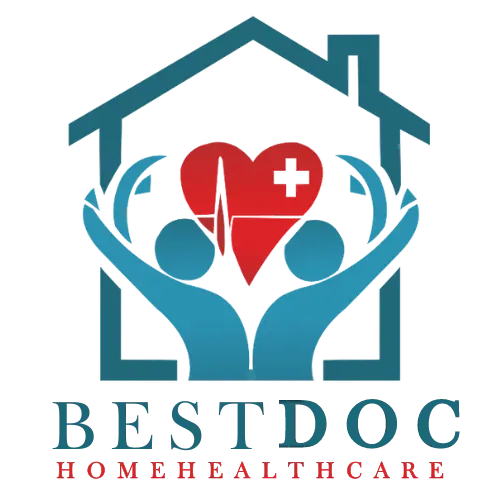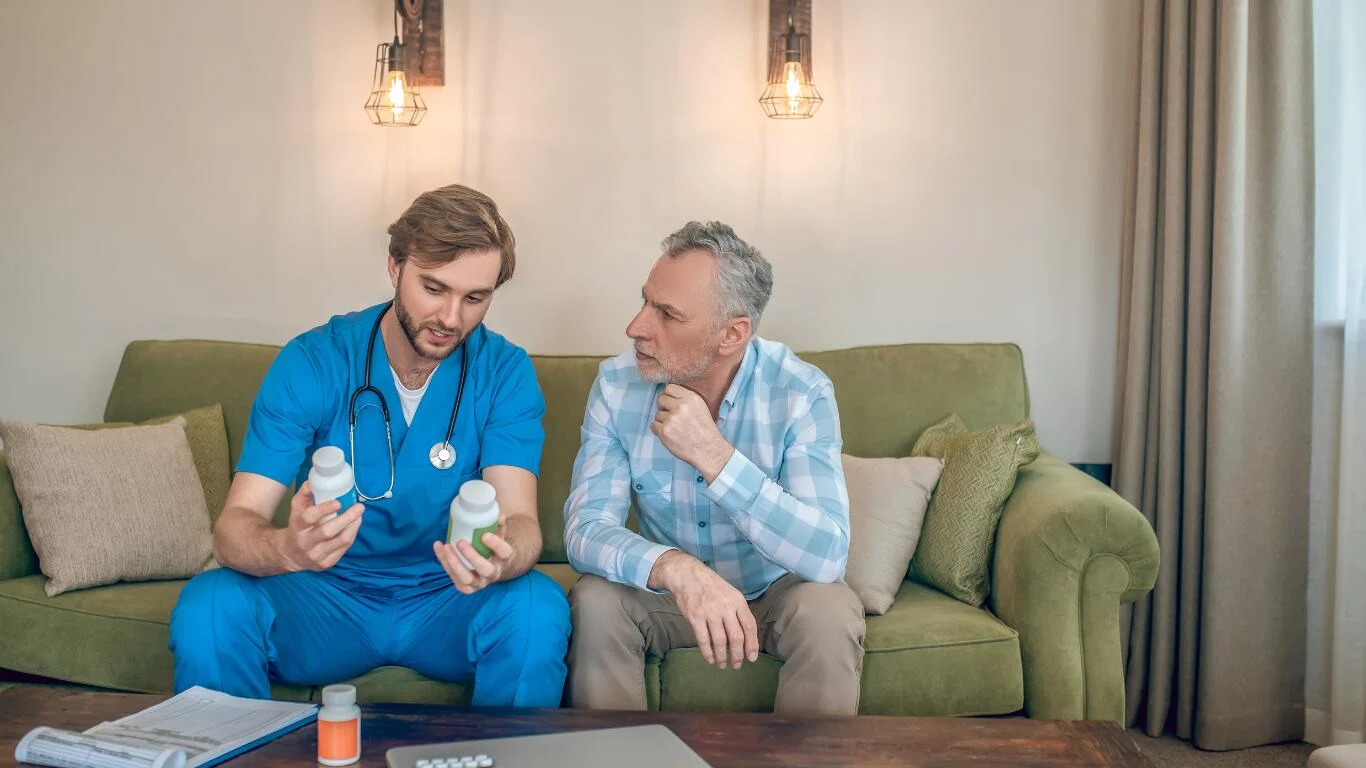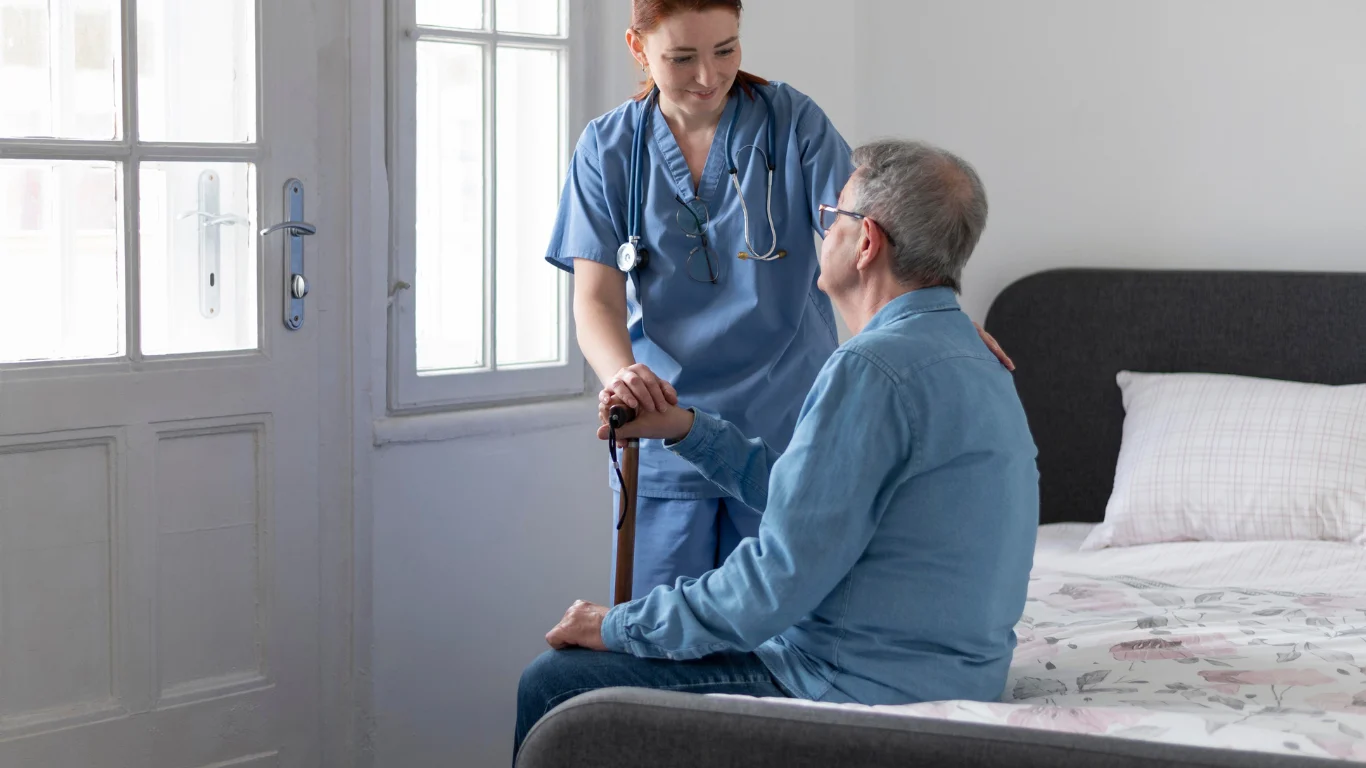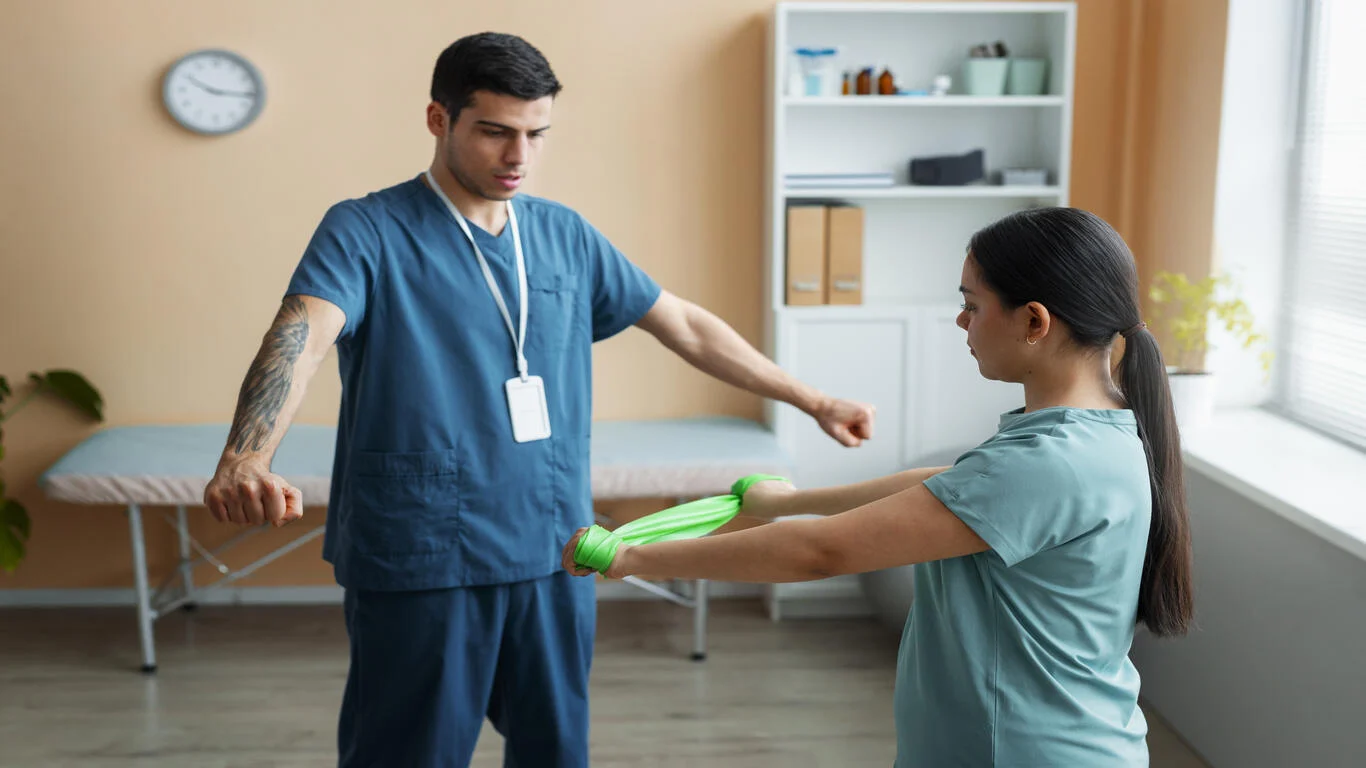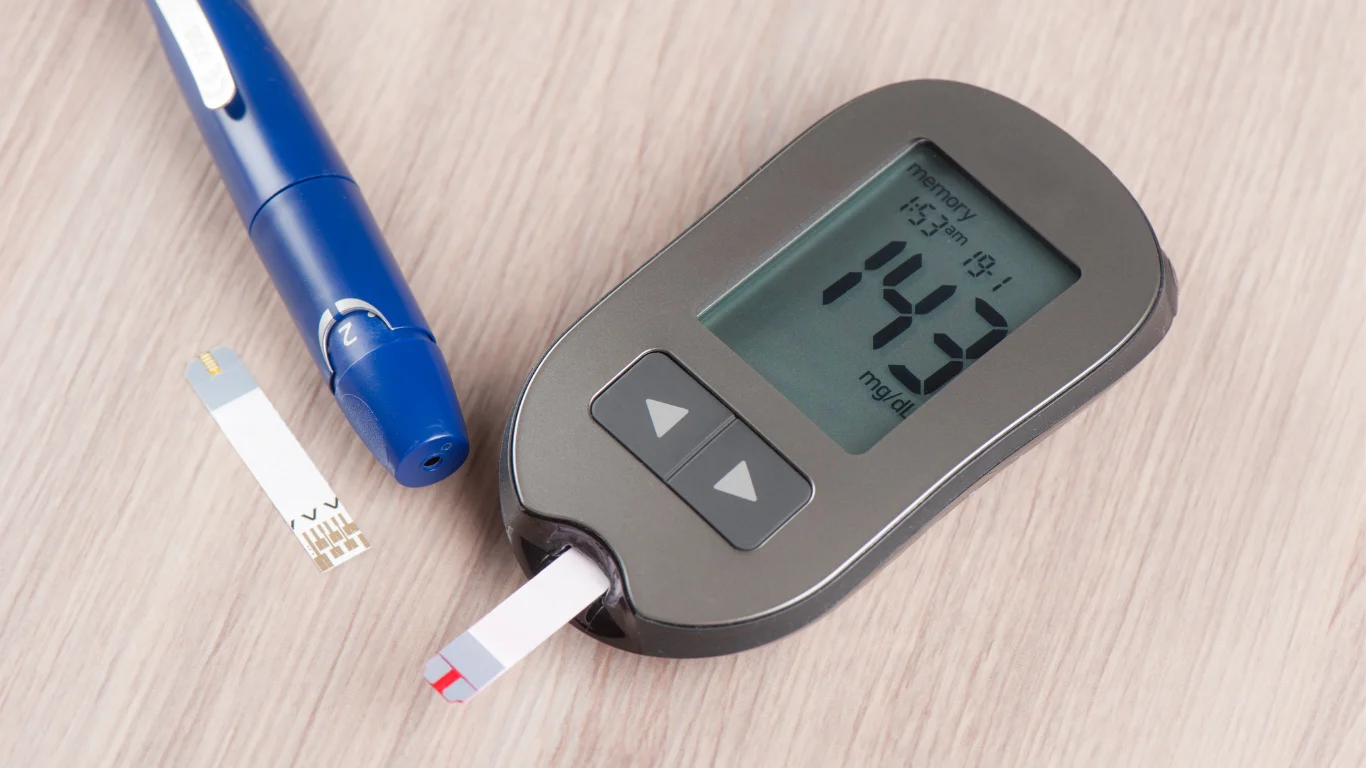Introduction
Norovirus, often called the “stomach flu,” is a highly contagious virus that causes sudden vomiting, diarrhea, and stomach cramps. Despite its nickname, it’s not related to influenza. This virus can spread rapidly, especially in crowded spaces, making prevention and proper care critical. In this blog, we’ll explore what Norovirus is, its symptoms, and how to prevent and manage it effectively to keep your family safe.
What is Norovirus?
Norovirus is a virus that causes gastroenteritis, an inflammation of the stomach and intestines. It spreads through:
- Contaminated food or water.
- Touching infected surfaces and then your mouth.
- Direct contact with an infected person.
Norovirus outbreaks are most common during the colder months and in enclosed spaces like schools, hospitals, and nursing homes. Learn more about prevention strategies from the CDC’s Norovirus prevention guide.
Recognizing Norovirus Symptoms
Symptoms usually appear 12–48 hours after exposure and can include:
- Sudden nausea and vomiting.
- Watery diarrhea.
- Stomach cramps or pain.
- Low-grade fever, chills, and fatigue.
These symptoms typically last 1–3 days but can be more severe in vulnerable individuals, such as children, the elderly, or those with weakened immune systems. Dehydration is a significant risk, so staying hydrated is crucial. Learn more about managing symptoms on the NHS website.
How Does Norovirus Spread?
Norovirus is highly contagious and can survive on surfaces for days. It spreads via:
- Contaminated Food or Drinks: Consuming items handled by an infected person.
- Direct Person-to-Person Contact: Being in close proximity to someone experiencing symptoms.
- Touching Contaminated Surfaces: Transferring the virus to your mouth after touching infected objects.
This resilience makes Norovirus one of the leading causes of foodborne illness worldwide.
Practical Prevention Tips
Here’s how you can protect yourself and your family:
- Wash Your Hands Frequently: Use soap and water, as hand sanitizers are less effective against Norovirus.
- Disinfect Surfaces: Use bleach-based cleaners to sanitize areas like kitchen counters, doorknobs, and bathrooms.
- Practice Safe Food Handling: Wash fruits and vegetables thoroughly and cook seafood to proper temperatures.
- Avoid Food Preparation If Infected:
If you or someone in your household has Norovirus, do not cook or prepare food until you’ve been symptom-free for at least 48 hours. This precaution is vital because the virus can easily contaminate food and infect others. Thoroughly clean all kitchen surfaces and utensils after any potential exposure.
Follow these steps and refer to the CDC’s prevention guide for more tips.
Managing Norovirus at Home
If Norovirus strikes, here’s how to manage it:
- Stay Hydrated: Use oral rehydration solutions to combat dehydration caused by vomiting or diarrhea.
- Rest and Recover: Give your body the rest it needs to fight the virus.
- Follow a Bland Diet: Gradually reintroduce plain foods like rice, bananas, and toast when your stomach feels ready.
If symptoms persist beyond 3 days or if dehydration becomes severe (dark urine, dry mouth, dizziness), consult a doctor immediately.
How Best DOC Home Healthcare Can Help
Best DOC is here to provide expert care, ensuring you recover safely in the comfort of your home. Our services include:
- IV Therapy at Home: For severe dehydration, our skilled nurses provide intravenous hydration tailored to your needs.
- Doctor on Call: Avoid hospital visits with personalized diagnosis and care at your doorstep.
- Lab Tests at Home: Confirm the cause of symptoms or rule out other infections with our convenient lab services.
Our team guarantees fast response times—arriving within 30 minutes—offering trusted and compassionate care when you need it most.
Conclusion
Norovirus is a highly contagious virus, but with proper hygiene, prevention, and care, its impact can be minimized. Avoid food preparation during illness, maintain clean surfaces, and prioritize hydration and rest to aid recovery.
If Norovirus strikes, don’t face it alone. Best DOC Home Healthcare is here to support you with services like IV therapy, doctor on call, and lab tests at home. Let us help you recover safely and conveniently from the comfort of your home.
Stay safe, stay healthy, and let us take care of the rest!
